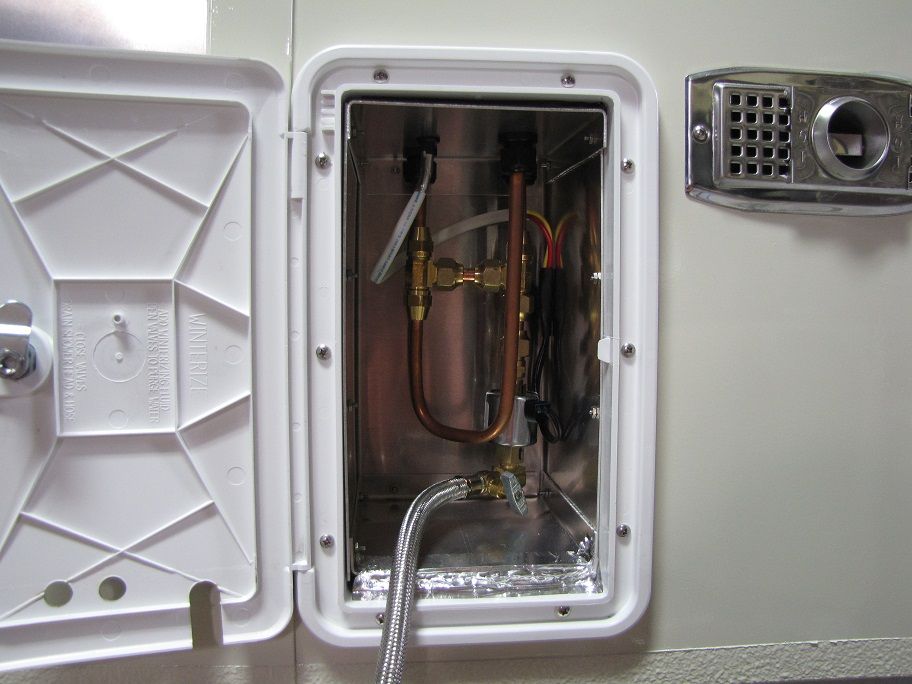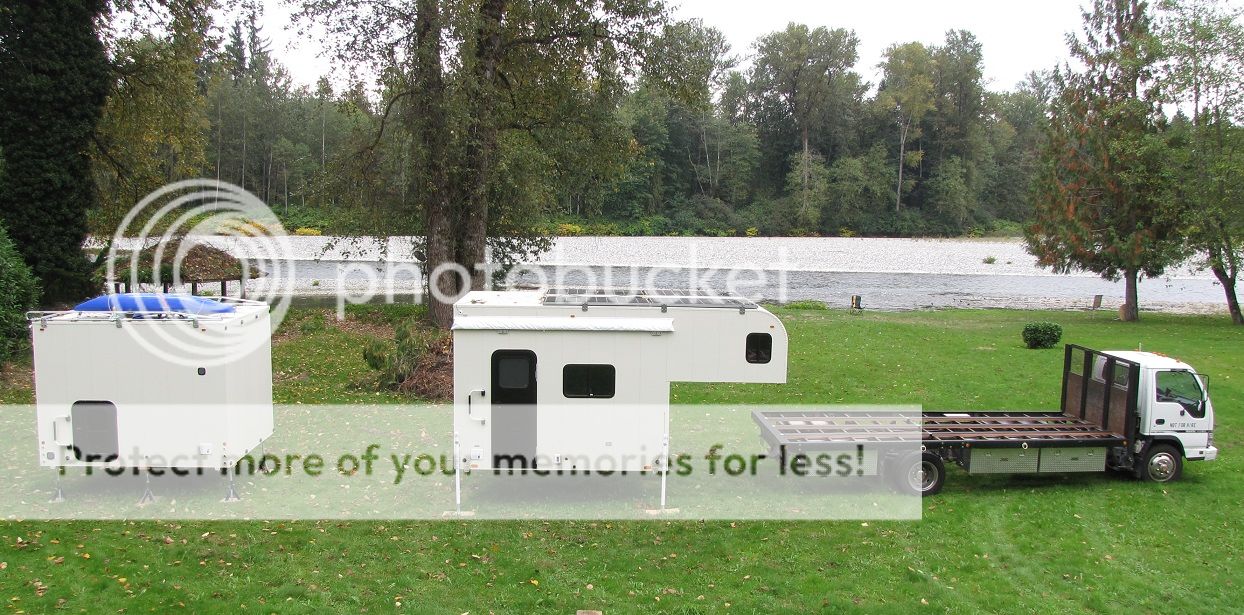So when converting a van (mini or regular), what kind of a shop will install a propane tank? I called a propane dealer who referred me to RV dealers. The first said they didn't work on motorized units (they sell trailers), the second sounded kind of clueless "uh, you'd have to bring it in and we'll look at it".
gowesty.com sells propane tanks (e.g., http://www.gowesty.com/ec_view_details.php?id=23916): anyone know of a better supplier?
I guess I could consider doing it myself, but it will be my first time dealing with propane, I don't have a garage, and it's cold.
gowesty.com sells propane tanks (e.g., http://www.gowesty.com/ec_view_details.php?id=23916): anyone know of a better supplier?
I guess I could consider doing it myself, but it will be my first time dealing with propane, I don't have a garage, and it's cold.


































































